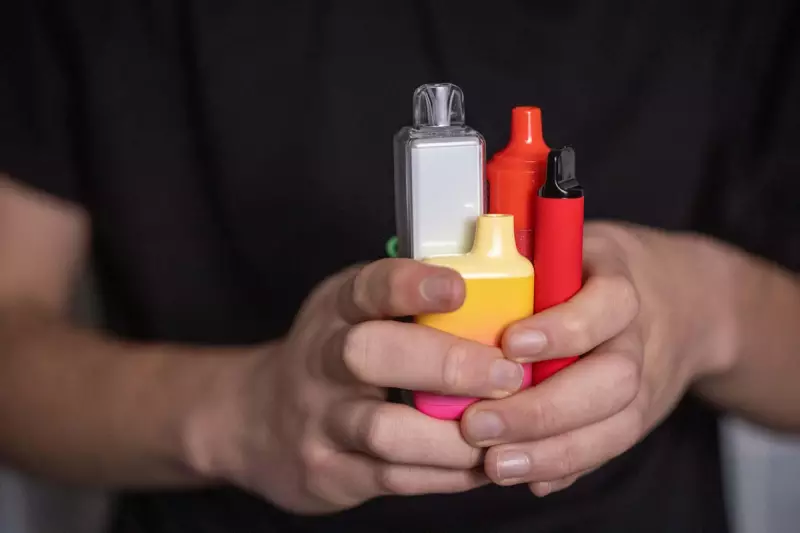
In a landmark decision, the US Food and Drug Administration (FDA) has approved an electronic cigarette for the first time as an official smoking cessation tool. This controversial move comes amid growing discussions about whether vaping technology could play a role in addressing America's opioid crisis.
A New Approach to Smoking Cessation
The FDA's authorisation permits the marketing of a particular e-cigarette device as a "appropriate for the protection of public health" – a significant shift in regulatory stance. Public health experts remain divided, with some hailing it as a pragmatic solution for adult smokers while others warn of unintended consequences.
The Opioid Connection
Researchers are exploring whether similar harm reduction principles applied to nicotine addiction might extend to opioid users. "The science is still emerging," notes Dr. Sarah Collins, a public health specialist at Johns Hopkins University. "While vaping presents fewer immediate risks than smoking, we can't simply assume the model translates to other substances."
Youth Vaping Concerns Persist
The decision comes despite ongoing concerns about youth vaping epidemics in American schools. Recent data shows nearly 20% of high school students reporting e-cigarette use, prompting critics to question the FDA's timing.
- E-cigarette authorised as smoking cessation device
- Potential applications for opioid addiction treatment explored
- Youth vaping rates remain alarmingly high
- Public health experts divided on long-term impact
As the debate continues, the FDA maintains that strict marketing controls will prevent youth access while providing adult smokers with regulated alternatives. The coming months will reveal whether this bold experiment in harm reduction delivers on its promises or creates new public health challenges.





